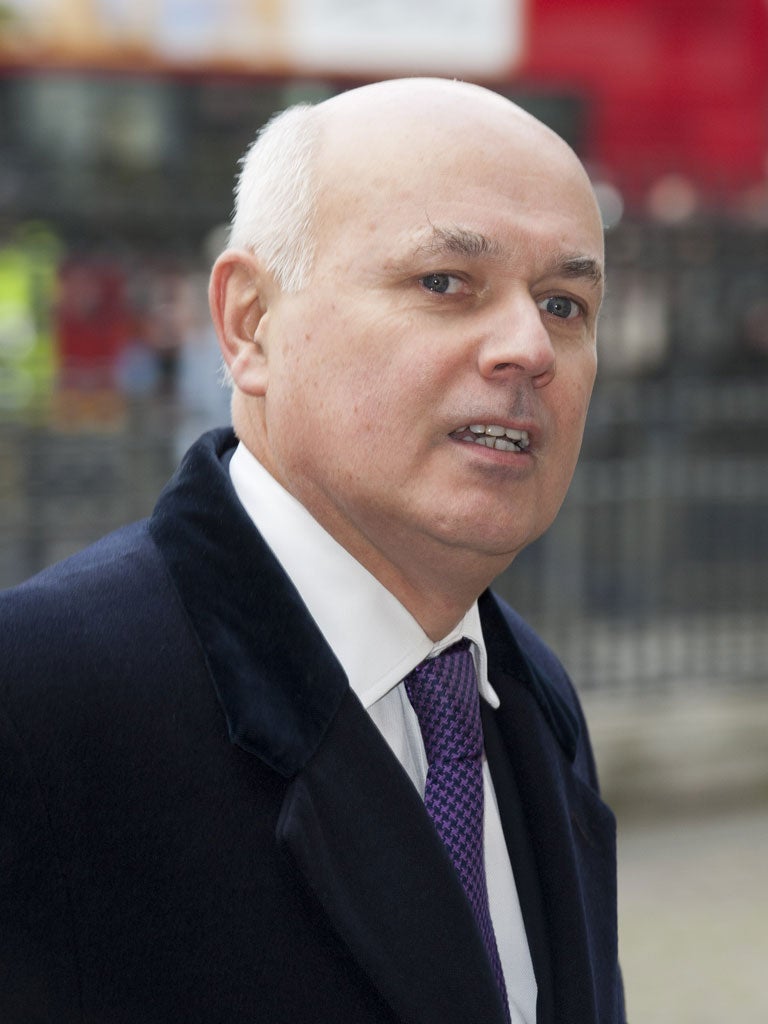Silence at the back! PM overrules Tory sceptics

Your support helps us to tell the story
From reproductive rights to climate change to Big Tech, The Independent is on the ground when the story is developing. Whether it's investigating the financials of Elon Musk's pro-Trump PAC or producing our latest documentary, 'The A Word', which shines a light on the American women fighting for reproductive rights, we know how important it is to parse out the facts from the messaging.
At such a critical moment in US history, we need reporters on the ground. Your donation allows us to keep sending journalists to speak to both sides of the story.
The Independent is trusted by Americans across the entire political spectrum. And unlike many other quality news outlets, we choose not to lock Americans out of our reporting and analysis with paywalls. We believe quality journalism should be available to everyone, paid for by those who can afford it.
Your support makes all the difference.David Cameron provoked a backlash from Conservative Eurosceptics yesterday by ruling out both a referendum on Europe and a major drive to grab back powers from Brussels.
The Prime Minister slapped down a call by Iain Duncan Smith, the Work and Pensions Secretary, for the British public to be given a vote on the new EU treaty being shaped by Germany and France. Instead, he backed Nick Clegg, the Deputy Prime Minister, who has ruled out a referendum.
Mr Cameron insisted that plans to forge a "fiscal union" inside the 17-nation eurozone would not involve the UK surrendering more powers to the EU. He said: "We have legislated now so that it is impossible for a British government to pass power from Britain to Brussels without asking the British people in a referendum first. As Prime Minister I am not intending to pass any powers from Britain to Brussels, so I don't think the issue will arise."
The Prime Minister's official spokesman said Mr Duncan Smith was describing the Tories' policy before last year's general election, not the Coalition's policy now. British officials say it is still unclear whether the proposed treaty will need to be approved by the 17 countries using the euro or all 27 EU members.
A 27-nation treaty would require approval by the Commons and House of Lords. Even if they are denied a referendum, Tory Eurosceptics argue that the need for parliamentary approval presents Mr Cameron with a "golden opportunity" to demand the return of employment and social laws from Brussels to the UK.
But Mr Cameron signalled that he does not believe this is the right moment for a wholesale renegotiation of the EU's governing treaties. The Prime Minister said: "There are very important things we want to safeguard, not least the single market, not least the importance of financial services, and other issues too."
Join our commenting forum
Join thought-provoking conversations, follow other Independent readers and see their replies
Comments